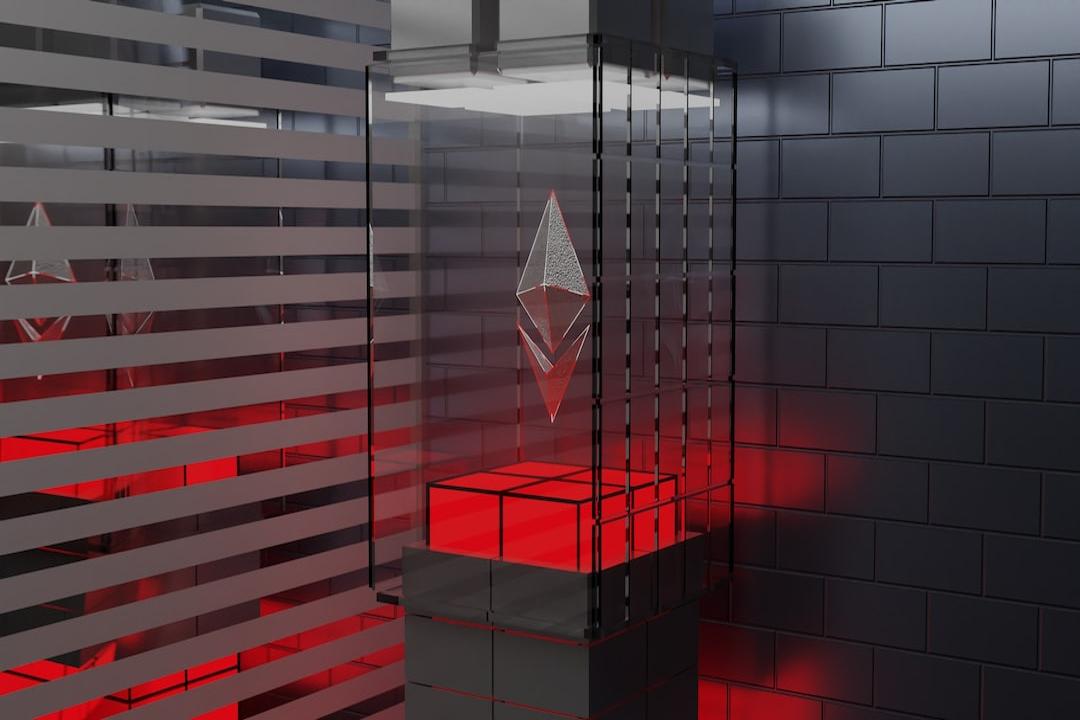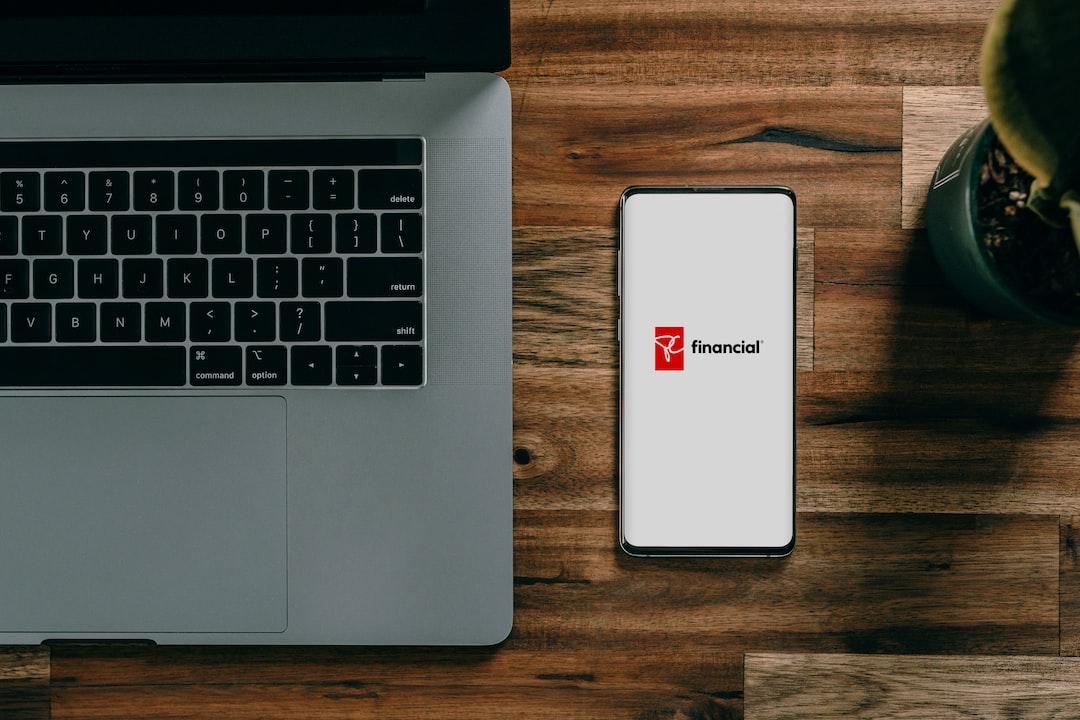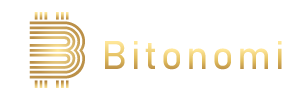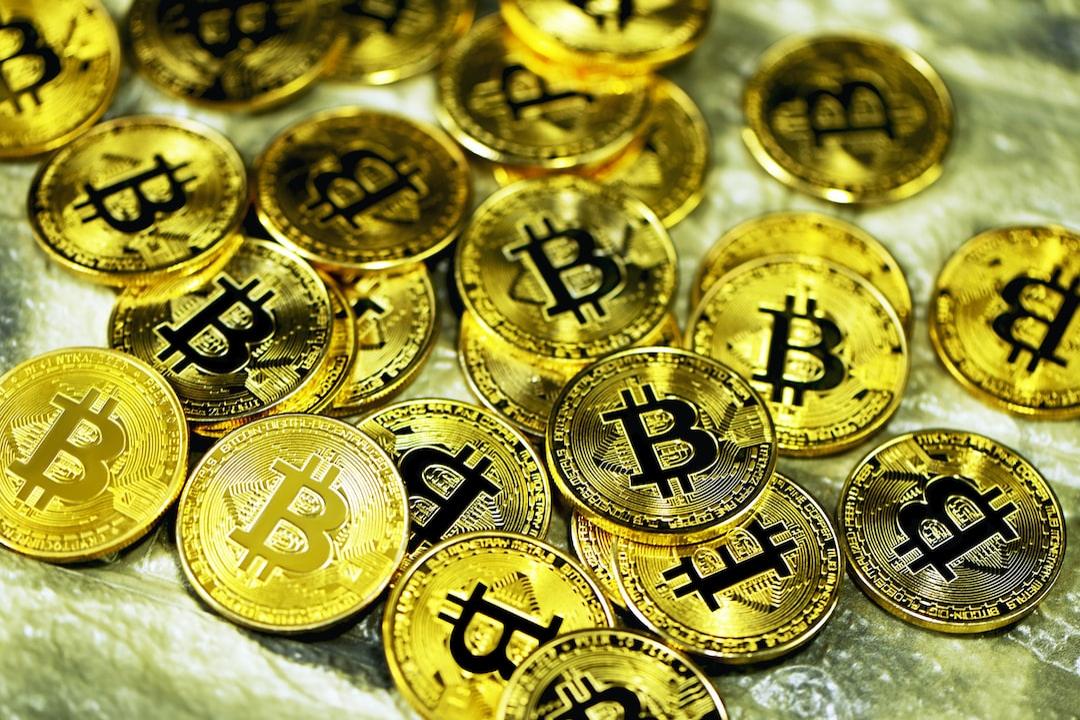BlackRock’s spot Bitcoin ETF ($IBIT) has experienced exponential growth within just four months, reaching an impressive AUM of approximately $19.79 billion. In contrast, Grayscale’s GBTC AUM has seen a significant decline, dropping by nearly $18 billion and currently standing at $19.75 billion.
This remarkable achievement by BlackRock’s spot Bitcoin ETF has enabled it to surpass Grayscale’s GBTC and become the largest Bitcoin fund in the industry. This milestone marks a significant moment for the Bitcoin market. On May 28th, the BlackRock Bitcoin ETF witnessed inflows exceeding $100 million, signaling a notable shift in market dynamics. At the time of writing, Bitcoin is trading at $67,840, experiencing a 0.92% decrease in the past 24 hours, as per data from CMC.
This rise in BlackRock’s spot Bitcoin ETF’s AUM, coupled with Grayscale’s net withdrawals, has allowed BlackRock to claim the top spot as the largest Bitcoin spot ETF in the world.
Furthermore, Bitcoin ETFs recorded net inflows of 632 BTC (equivalent to $43.3 million) on May 28th. These inflows have been consistently observed for eleven consecutive days. After surpassing Grayscale as the leading Bitcoin ETF, BlackRock witnessed an additional influx of 1,505 BTC ($102 million), solidifying its position. Fidelity also experienced an upswing, with an addition of 505 BTC ($34 million). However, Grayscale faced an outflow of 1,550 BTC ($105 million).
In addition to these developments, BlackRock augmented its holdings in IBIT by approximately $4.1 million, complementing its existing holdings in two other funds. In a recent SEC filing, BlackRock revealed that it had purchased IBIT shares worth $3.6 million and $486,000 for its BlackRock Strategic Income Opportunities (BSIIX) and BlackRock Strategic Global Bond Fund (MAWIX) respectively.
These achievements are backed by significant financial institutions, with ETFs globally holding 5% of the total Bitcoin supply.
Key Crypto News Today:
Shiba Inu (SHIB) experiences a bullish spike, surpassing Cardano in terms of market capitalization.
share




